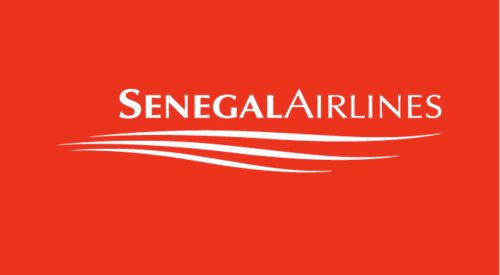Petroleum / Mining in Mali
-
BOTSWANA, 2017/05/04
Ghana and Nigeria are the first countries to respond to reports of European companies exploiting weak fuel standards in Africa. Stricter limits on the sulfur content of diesel will come into force on July 1.
Governments in West Africa are taking action to stop the import of fuel with dangerously high levels of sulfur and other toxins. Much of the so-called "dirty diesel" originates in Europe, according to a report published by Public Eye, a Swiss NGO, last year.
The report exposed what Public Eye calls the "illegitimate business" of European oil companies and commodities traders selling low quality fuel to Africa. While European standards prohibit the use of diesel with a sulfur content higher than 10 parts per million (ppm), diesel with as much as 3,000 ppm is regularly exported to Africa.
-
BOTSWANA, 2016/05/11
Oil, gold, diamonds, palm oil, cocoa, timber: raw materials have long been linked to Africa in a lot of businesspeople’s minds. And in fact the continent is highly dependent on commodities: they constitute as much as 95% of some nations’ export revenues, according to the United Nations Conference on Trade and Development.
But propping a country’s entire economy on commodities is risky business, like building a mountainside home on stilts. You can’t be sure about the weather, or in this case the commodities market. The current free-fall of oil prices to less than $40 a barrel is a glaring example. “The commodities cycle has tanked out,” says Austin Okere, founder of Computer Warehouse Group (CWG), a Nigerian emerging multinational financial services company. “And this time it looks additional structural than cyclical, so it’s not a matter of waiting it out. Something has to give.”
-
MALI, 2013/07/26
A group of mining and oil companies, and Moroccan and British businessmen are considering investing additional than 52.5 billion CFA in the health and transport sectors of Mali.
This is contained in a protocol signed on Wednesday in Bamako by the Malian Minister of Mines, Amadou Baba Sy and the Managing Director of the International Centre for Strategic Affairs (ICSA), Lacen Jakhouk.
Sources said a clinic, a pharmaceutical factory to produce drugs, such as malaria drugs, and an inland port would be established. Mali is a landlocked country.
-
MALI, 2013/07/13
The Malian government at its weekly cabinet conference on Wednesday adopted a decree approving the search for oil in the north of the country.
Corvus Resources Management Limited has been allocated block 6 of the Taoudéni basin in far North of the country for research, exploitation, transport and refining of oil and gas.
Sources said on Thursday that the Malian government signed a convention with Corvus Resources Management of Cayman islands, within the framework of the promotion of research and exploitation of hydrocarbon to promote Mali’s economic development.
-
BOTSWANA, 2012/12/25
World gas request is projected to reach 3,460.7 billion cubic meters (bcm) in 2013, constituting an increase of 3.6% from 3,341.4 bcm in 2012. North America's gas consumption is estimate to reach 890.3 bcm in 2013, equivalent to 25.7% of world request. It would be followed by Asia & Australia with 720.8 bcm (20.8%), Eastern Europe & the Commonwealth of Independent States with 587.4 bcm (17%), Western Europe with 533 bcm (15.4%), the Middle East with 445.7 bcm (12.9%),
-
MALI, 2012/12/09
Headquartered in Frankfurt, Pearl Gold AG is a German holding company which invests in high-potential gold mine projects in West Africa. How we made it in Africa asked Robert Francis Goninon, chairman of supervisory board of Pearl Gold, about the company’s investment in a gold mining project in Mali.
-
MALI, 2012/12/09
Mali has grown from having no commercial gold production in 1990 to being Africa’s third-largest gold producer today. This accomplishment is indicative of both Mali’s potential and the increasing interest in the gold sector. Mali hosts an array of gold miners and has earned a reputation as a mining-friendly country. From now on much of the mainstream attention Mali has received this year has been associated with negative headlines; that’s because of rebel activity in the north and a military takeover that snapped the country’s 20-year record of democratic stability.








